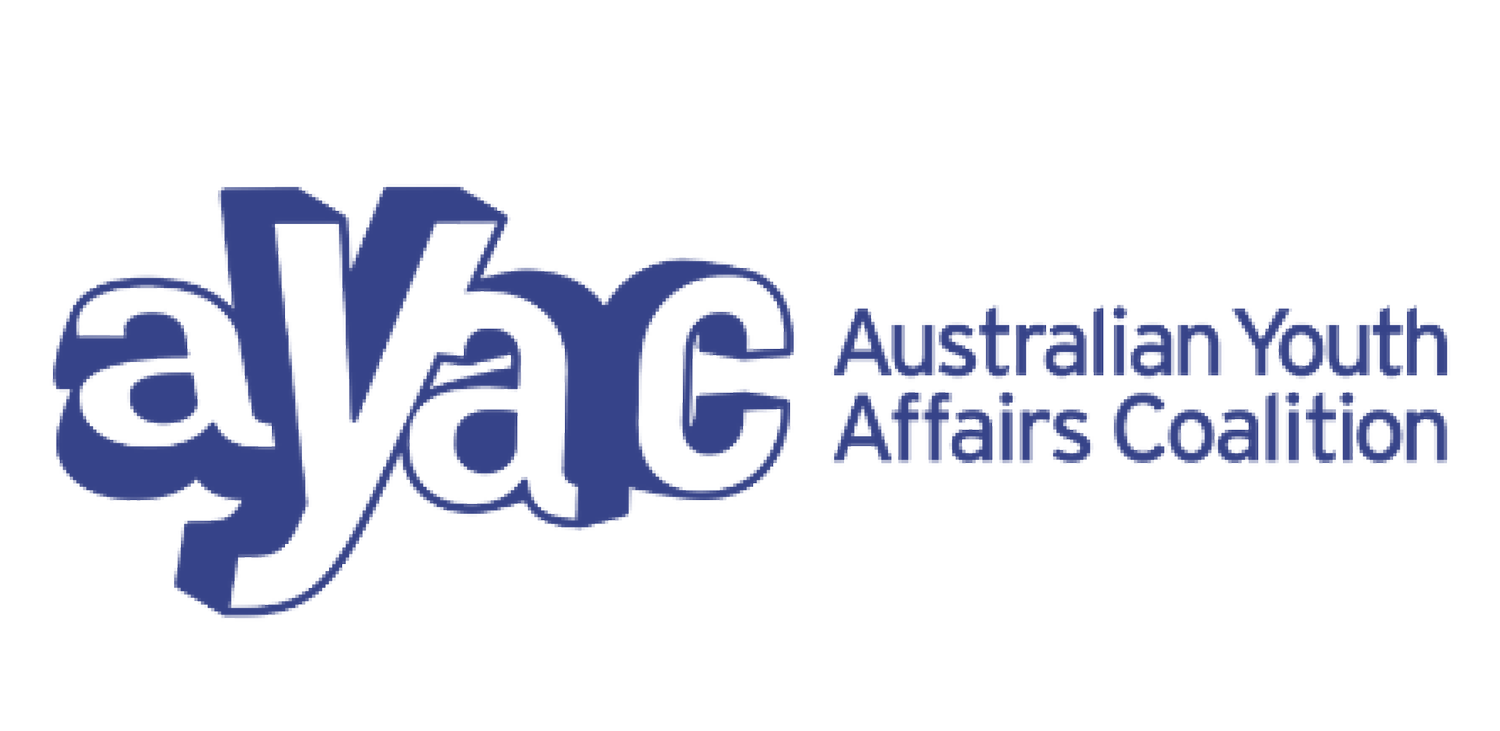Beyond Stereotypes: Embracing Individuality in Black Girl Beauty
Amani | 16 years old | Boorloo (Perth) | First-generation Australian coming from a Kenyan-Indian background.
What I love about the wider 'Black Girl beauty community' online is that it's such a diverse and creative space.
It offers a wealth of information for so many, including myself. It's where I learned how to braid, how to do better skincare, look after my nails, and so many other things like that. However, as with any social media collective, it can be intimidating at times and sadly can be a vicious place. Now, while this can appear like some kind of surface-level bickering, it honestly points to a deeper problem than what might first meet the eye: the manifestation of internalised racism.
Internalised racism is a person's tacit acceptance of common understandings or stereotypes about themselves. So put simply, it's you believing, even if it's deep down, secretly, or subconsciously, stereotypes that are about you. And if you do it, you're not alone. It's very, very common.
Now, the policing of Black hair dates back to the Trans-Atlantic slave trade in the United States. Many Africans were forced to shave their heads as a means of dehumanisation and erasure of the deep ties to identity and culture that hair had for the people. After slavery ended, Black women were often forced to either cover their hair or use conformity to typically non-Black hair types like straight hair as a means of assimilation and survival.
In 2023, despite the growing popularity of 'wearing your hair natural,' there is still a strong undercurrent of negativity and prejudice regarding natural styles, perpetuated by throwaway comments and microaggressions, fuelled by the shame felt by those who came before us.
Personally, throughout my upbringing, I've been told that I'm 'so lucky' that I don't have an Afro like my dad does and all his family does. And while inexplicably hurt by these 'compliments' at first, I suddenly had begun to agree with them.
Many other Black women have discussed their experiences of self-hatred towards their natural hair or unintended disdain towards other Black hairstyles, all of which point towards internalised racism.
Now, internalised racism can also manifest in external ways like we see on social media with the attacks that we saw earlier. Things include descriptions of Black hairstyles as 'ghetto' or 'too Black.' These ideas are rooted in the poisonous internalised racism that is permeating throughout the Black Girl community.
The first step in stopping this pattern is acknowledging that these attitudes come about from racist subtleties that are littered throughout our society. It is understandable that you're thinking these things. But just as these sentiments are not solely your fault, they are not yours to take on.
By recognising this, you are taking the power away. And with that comes enormous freedom. It's vital for you to remember that while the way you wear your hair isn't important, the liberty for you to do so how you wish is.
The views expressed in AYAC’S youth blog are personal and and not an endorsement of AYAC; we value and encourage the diverse perspectives of young people.
